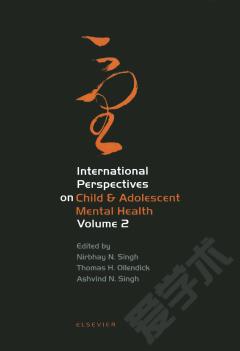Children and Childhood: Some International Aspects
Just a few decades ago, children born with significant congenital anomalies or genetic and metabolic diseases perished at an early age, and very few survived into their teens and even less into adulthood. Congenital heart disease, major errors in metabolism, cancer, cystic fibrosis and many other major diseases were fatal. Because of this, many physicians in adult primary care did not have the opportunity to see patients with these problems and thus were unable to learn how to care for them. With major advancements in medical knowledge, technology, imaging techniques, surgical skills and pharmaceutical products (as well as prosthetic devices), many of these patients now live much longer lives and sometimes even survive to the average life expectancy. With that, a new medical care challenge has been created and we have to take a life span approach.
{{comment.content}}








 京公网安备 11010802027623号
京公网安备 11010802027623号